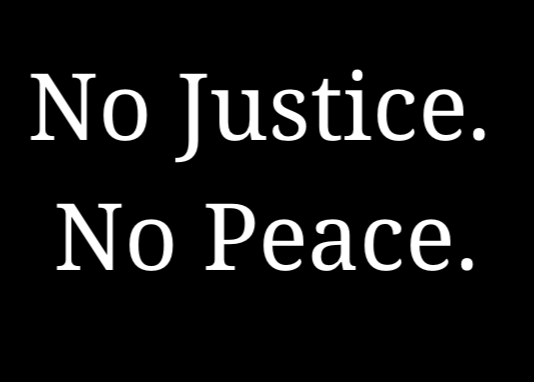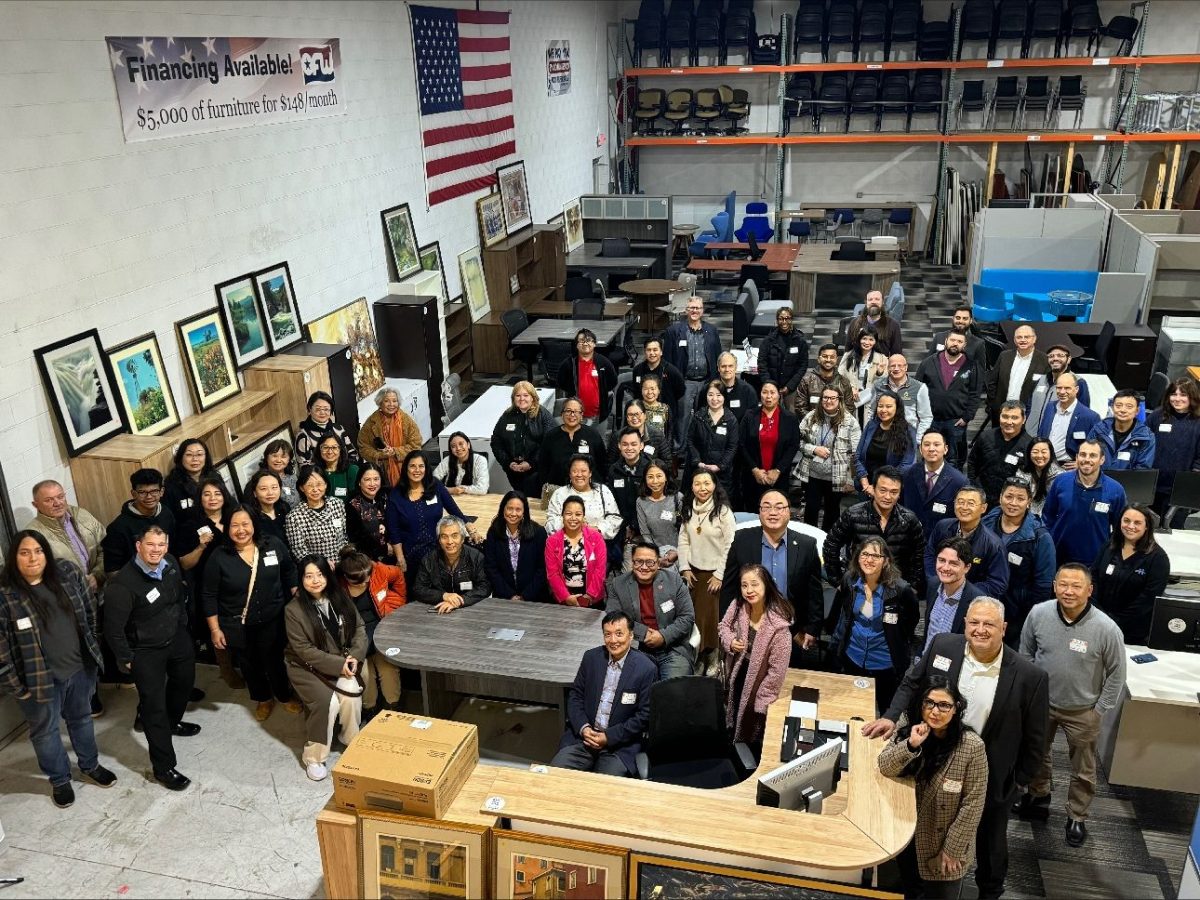In discussing the content of this article with a friend, he laughed and said he didn’t understand. “People only think they’re dumbing themselves down,” he said. “Most people aren’t really smart enough to need to.”
I disagree. His faith in America’s intelligence might be shot, but mine is not. However, I understand why he thinks that way.
There was a time when academia was celebrated and the intellectuals of the world were showered in accolades, but not during my lifetime. During my lifetime, intellectuals have been called nerds, dorks, geeks, teacher’s pets, Poindexters, the list goes on. Those are not titles of honor.
So, why the shift in our attitudes about intelligence? A few weeks ago, Caroline Comstock, another columnist, wrote an article on political correctness in today’s jumbled society. She mentioned how an over-attentiveness to political correctness can actually hurt individuals by closing them off to counter-arguments that could be conducive to personal intellectual growth and development. Much like politically-correct culture, anti-intellectualism is doing far more harm than good.
People with something to say tend to stifle themselves to avoid seeming pretentious or wounding someone’s pride. While the “no one likes a know-it-all” argument may be valid, know-it-alls are essential to progressing society. Where would we be without Bill Gates?
Pop culture’s grip on how people perceive themselves and others contributes to the “anti-intellectualism” facing Americans right now. How many movies have you seen whose supporting characters’ beauty makes up for their stupidity? Or, when the smart kids get bullied or excluded because of their GPA?
It’s not that our culture rejects intelligence; rather, we fall into a trap of apathy. The “I don’t care” mentality glamorized in movies, music and TV is causing serious brain-freeze in society.
While it’s easy to point fingers at pop culture and say that the media dictate what we think and what we do, media are a business, and businesses run from a supply and demand perspective. We are being fed idiocy because we ask for it, and we are asking for it because we are too afraid to move outside our comfort zone. Our biggest fear is potentially being exposed to something difficult to understand.
It seems to be an understood rule of tact that religion, politics and money are off the table for polite conversation. So, we’re trapped in a small-talk culture, too afraid or bored to discuss anything relevant.
As a journalism and political science major, I love to talk about controversy in the news. I still bring up the last GOP debate. On top of that, I love ideas. I feel like I don’t have a 100-percent -solid stance on anything because my perspective is constantly being changed by intelligent discussions about so-called impolite topics. I honestly don’t know who I would be if I weren’t allowed to talk about my interests.
I’m not pushing for a stuffy community of tobacco pipes and cotton robes, but I do think a reevaluation of how we talk about intelligence and how we respond to intellectual challenges is necessary.
Instead of telling me what your major is, tell me why you chose it. In a world of apathetic, zombie-minded, politically correct anti-intellectuals, be the passionate one.
Passion and intelligence go hand in hand. How can you be passionate about something you don’t understand? To see someone have true passion about a subject is to see authentic, intelligent interest.
You don’t have to know everything about politics or government, you don’t have to have a repertoire of six-syllable words, you just have to show an air of passion. Intelligence isn’t about knowing everything, it’s about being willing to learn about anything.








Ronald Reyes • Oct 8, 2015 at 5:34 am
You make some interesting points that shouldn’t be taken for granted! I found it easy to relate to this article and I look forward to reading more of your work!!!